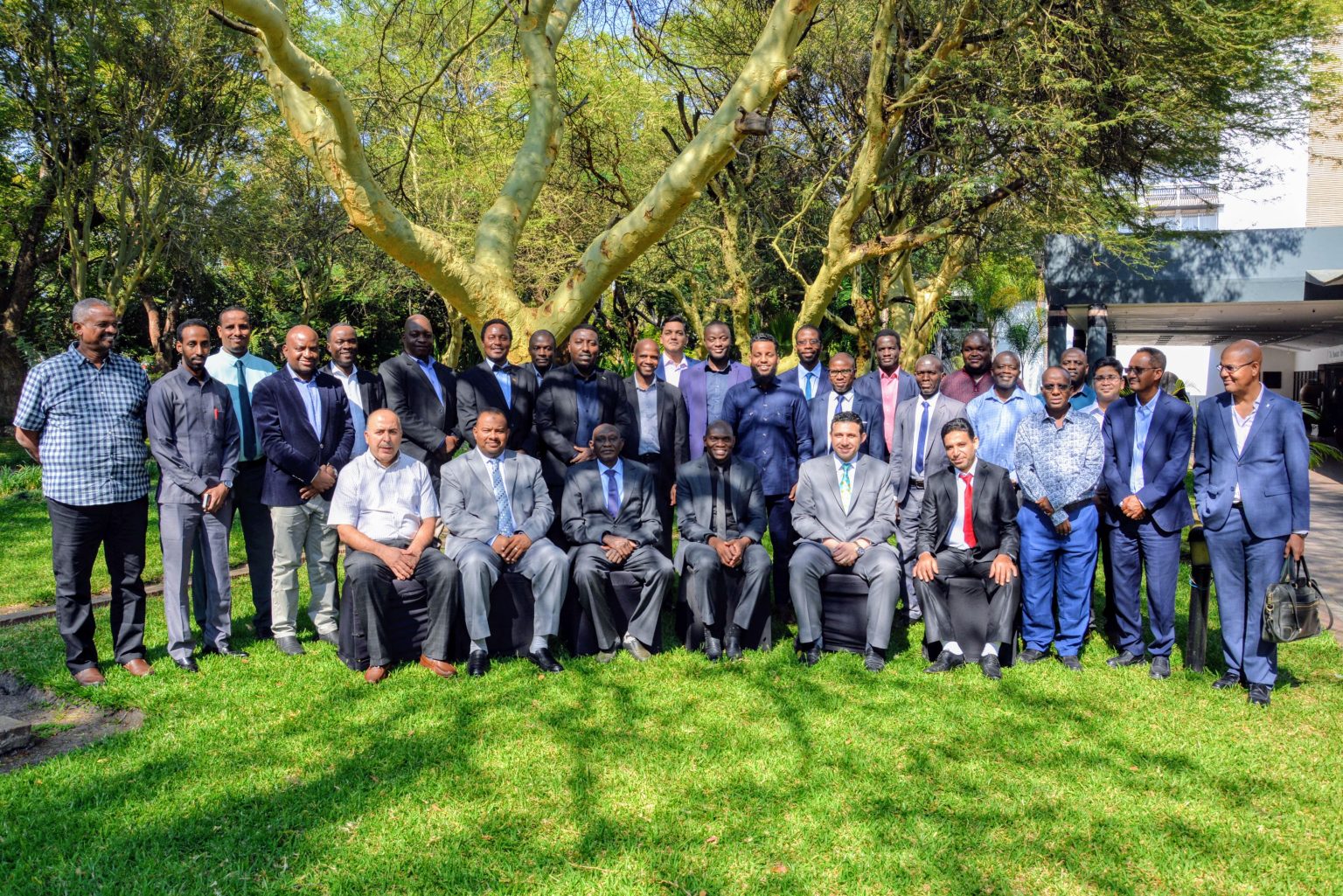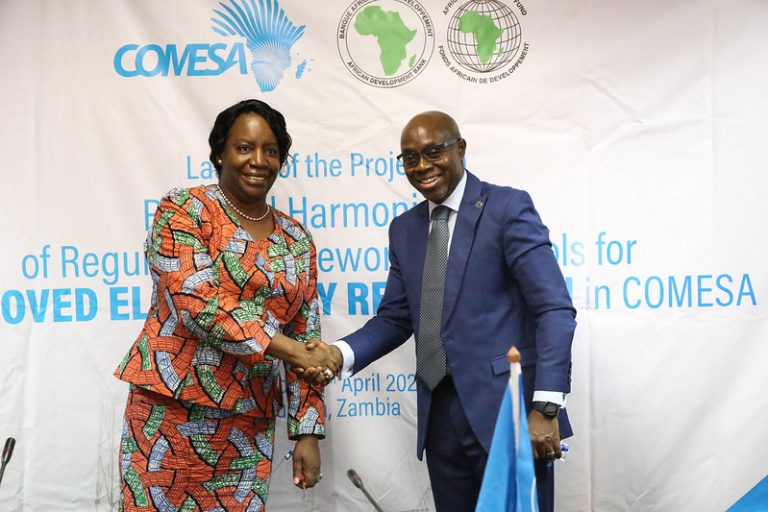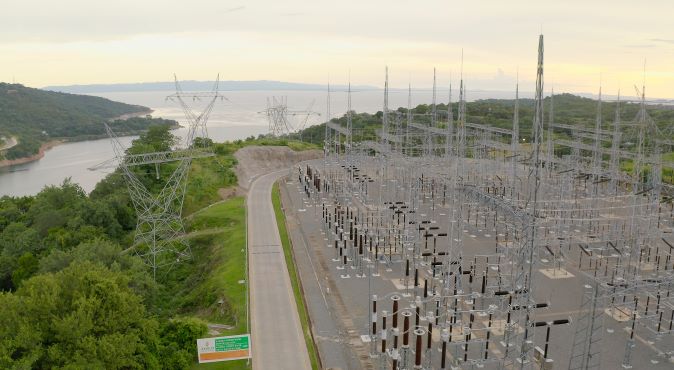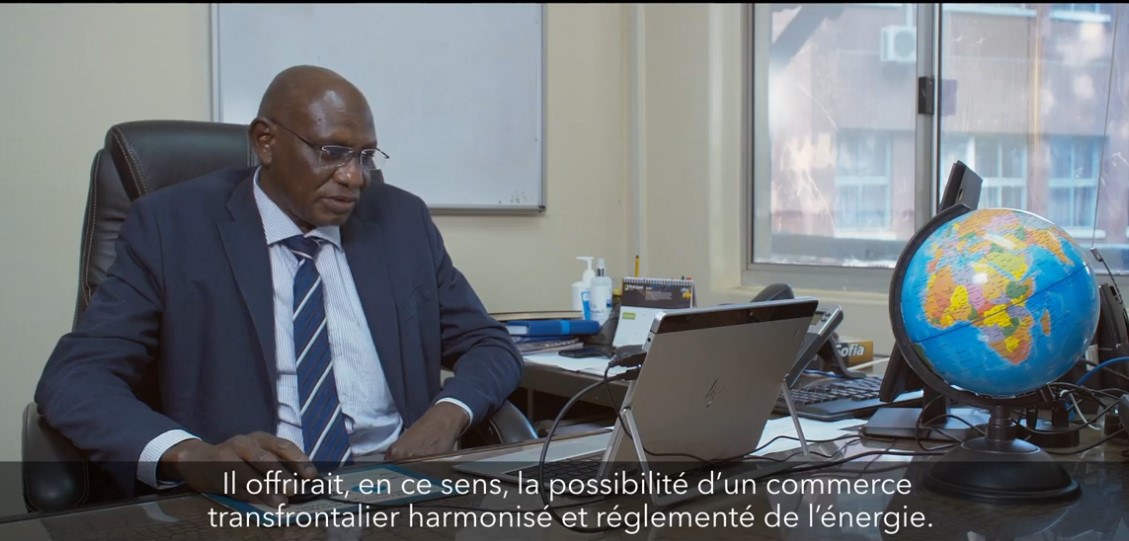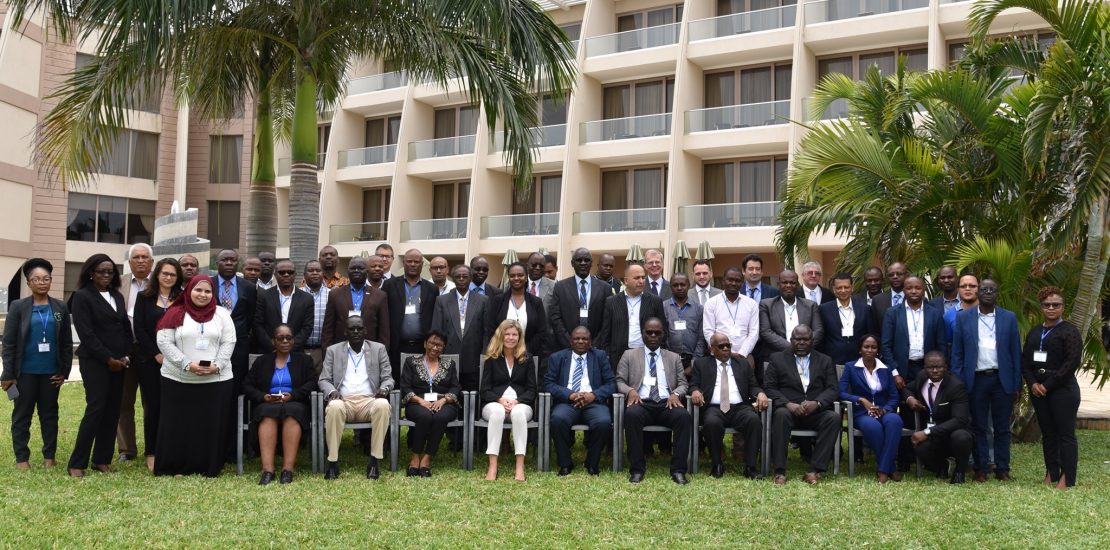Consultative Workshop on Development of an Information Management System for RAERESA
Lusaka, Wednesday, 5 June 2024: The development of an Information Management System (IMS) for the energy sector in eastern and southern Africa is underway, with regional experts meeting in Lusaka, Zambia, from 5 to 6 June 2024 to review progress.
The IMS aims to bridge the current information gap in the energy sector and establish a robust information and database management system. This system will facilitate the synchronization and harmonization of energy data collection, storage, retrieval, and dissemination among the Member States of the Regional Association of Energy Regulators for Eastern and Southern Africa (RAERESA).
Upon its launch, the IMS will be hosted at the COMESA Secretariat. This centralized information and database system will allow member countries to directly input and retrieve information according to pre-defined templates. It will also enhance the capacity of regulators, participating utilities, and other relevant stakeholders within RAERESA/COMESA to upload, manage, update, and retrieve information.
This initiative is part of the African Development Bank (AfDB) funded USD$1.5 million project on Regional Harmonization of Regulatory Frameworks and Tools for Improved Electricity Regulation in the COMESA region. The project aims to promote cross-border power trading by advancing intra-regional harmonization of electricity regulations across the 12 COMESA member states, which include Burundi, Djibouti, Egypt, Eritrea, Ethiopia, Kenya, Libya, Rwanda, Somalia, Sudan, Tunisia, and Uganda, with the addition of South Sudan.
The consultative workshop is attended by 29 regional energy stakeholders from the participating countries. They are reviewing the draft system specifications compiled by the consulting firm before the IMS can be fully developed and launched. The delegates will also consider and approve the interim IMS system architecture and specifications developed by the consulting firm.
Participants include energy ICT experts from the 12 Member States, the Eastern African Power Pool (EAPP), the Energy Regulators Association of East Africa (EREA), and the COMESA Secretariat. RAERESA is the energy regulatory arm of COMESA.
During the opening of the workshop, RAERESA Chief Executive Officer, Dr. Mohamedain Seif Elnasr, emphasized the importance of the review in shaping the consultant’s report and preparing for the eventual launch of the IMS.
“I urge you to use this opportunity to share experiences and best practices,” he said. “Integration is a process, and regulation in the energy sector is new for most of our Member States, but we will get there.”
The meeting was chaired by Mr. Lufunda Muzeya, Risk Manager at the Energy Regulation Board of Zambia. Zambia is the current Chair of the Portfolio Committee on Capacity, Information Exchange, Energy Statistics & Database of RAERESA.
The Project on Regional Harmonization of Regulatory Frameworks and Tools for Improved Electricity Regulation in COMESA is being jointly implemented with the EREA, based in Arusha, Tanzania.
